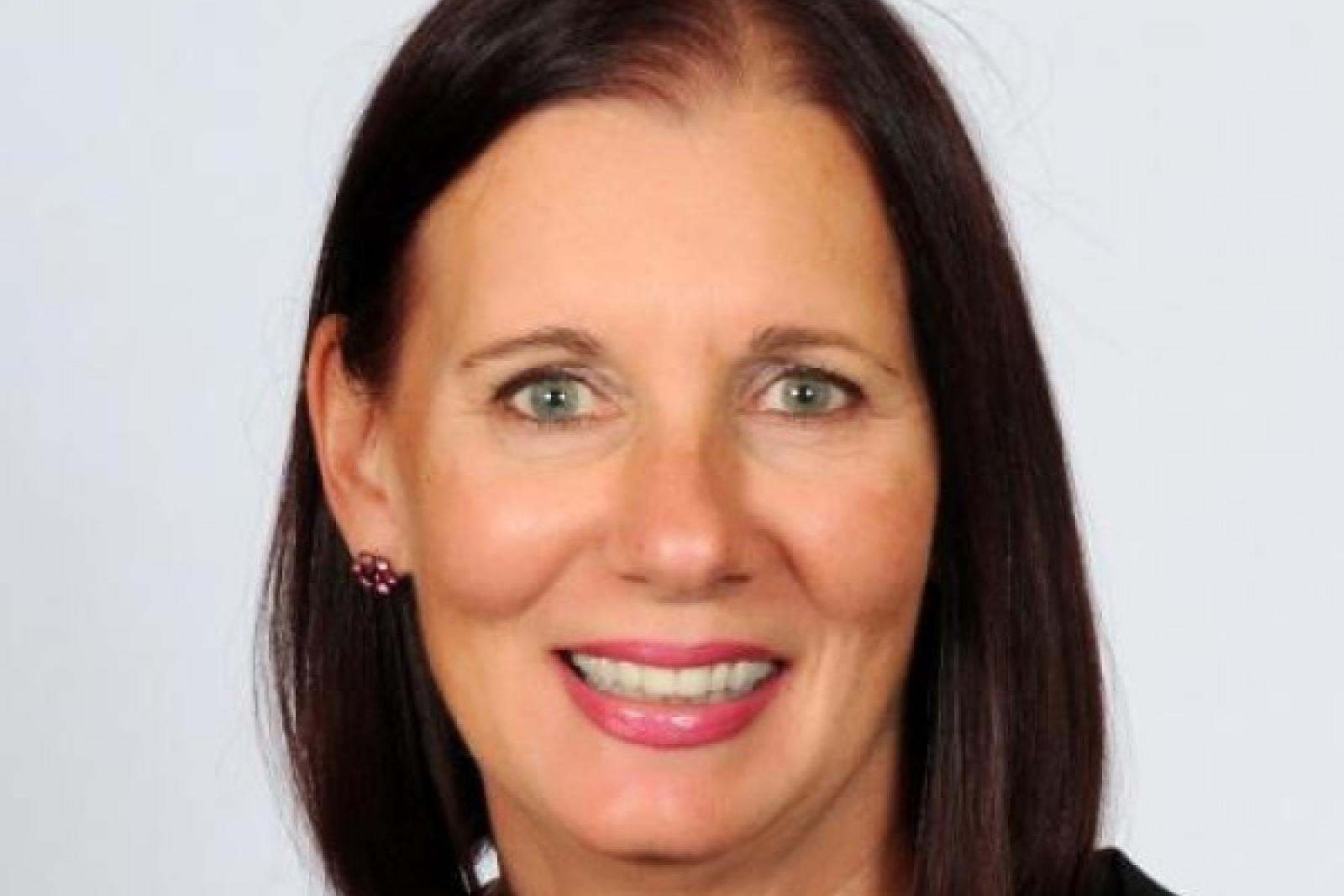Debra Goff launches first antimicrobial stewardship program among private practice dentists

Antibiotic resistance is an issue top-of-mind for Debra Goff, PharmD, FCCP, FIDSA, an infectious diseases (ID) specialty practice pharmacist at The Ohio State University Wexner Medical Center (OSUWMC) and professor of pharmacy practice at the Ohio State College of Pharmacy.
With dentists writing around 25.7 million prescriptions annually in the United States, Dr. Goff found an opportunity to study and promote safe and effective antibiotic prescribing practices among private dentists.
Finding opportunities in antimicrobial stewardship
While global travel halted due to the COVID-19 pandemic, Dr. Goff took a break from launching antimicrobial stewardship programs (ASP) around the world for the World Health Organization and looked locally to private practice dentists.
ASPs are required in hospital systems across the United States, but private practice dentists – who account for 72% of dentists – don’t have this in-house resource to keep up-to-date with scientific antibiotic research. This leads to many instances where prescriptions are prescribed inappropriately, are the wrong dose or are prescribed for the wrong duration.
Prior research found that more than 80% of prophylactic antibiotics and preventatives written by dentists were unnecessary — dentists are one of the top prescribers of clindamycin, a common antibiotic that can cause Clostridioides difficile infections, or C. diff — and that dental prescription treatments for 7-to-14-day courses had no data to support these durations.
Dr. Goff and Julie Mangino, MD, an infectious diseases physician at OSUWMC, saw these instances as opportunities to teach better antimicrobial stewardship. Dr, Goff applied for and received several grants – the $6,000 OSU Connect and Collaborate Grant and a $78,000 grant from the pharmaceutical company Merck – to launch the first ASP among private practice dentists. This project came shortly after the Joint Commission provided antimicrobial stewardship requirements for dental services.
Studying the situation
Email/mail as well as peer-to-peer invitations were sent to general dentists, oral surgeons, endodontists and periodontists to participate in the ASP study and program. This ultimately ended up being a small study of 15 dental professionals, most having had more than 20 years of experience.
Before the initial program, pre-study surveys showed that the dental professionals had little-to-no familiarity with dental antibiotic stewardship.
- All were unaware that clindamycin was no longer recommended by several health care professional organizations due to the risk of C. diff.
- No participants read dental antibiotic studies in non-dental journals.
- No participants previously attended lectures by infectious diseases or antimicrobial stewardship experts or had access to them.
- All agreed that the use/misuse of antibiotics were drivers for antibiotic resistance, however none had implemented dental stewardship.
Dr. Goff used this information to measure the change in each dentist's antibiotic prescribing post-ASP education by infectious diseases experts.
It is important for dentists to understand how escalating rates of antibiotic resistance impacts their patients,” Dr. Goff said. “When a prophylactic antibiotic fails due to antibiotic resistance, the patient may develop an infection that results in failure of the dental procedure.”
Outcomes of the program
Dentists changed their antibiotic prescribing behavior and significantly improved appropriate use by 68.9% after antibiotic stewardship education with audit and weekly feedback interventions by ID ASP experts.
Dentists wrote significantly fewer antibiotic prescriptions, shortened durations of therapy and decreased the use of clindamycin, quinolones and amoxicillin.
Importantly, dentists used dental study clubs to engage more dentists, hygienists, students and patients in dental antibiotic stewardship.
“Dentists rapidly optimized antibiotic prescribing after learning dental antibiotic stewardship,” Dr. Goff said. “They were appreciative to learn from us when we shared real-world patient stories of antibiotic resistant 'untreatable' infections and antibiotic-related C. diff infections that resulted in death. Importantly, the initial study group of dentists urgently invited me to teach dental antibiotic stewardship to an additional 2,125 private practice dentists. Our small study impacted many dentists and patients. It is why we do what we do.”
***
Read more about the study here and ASP here.